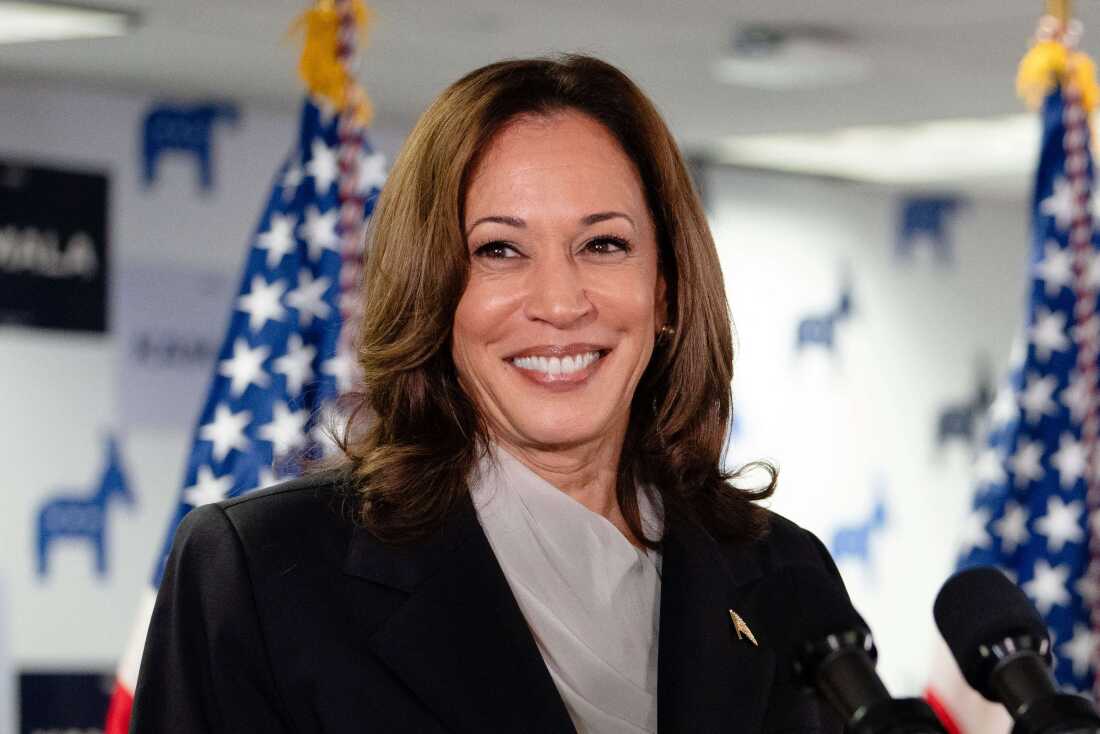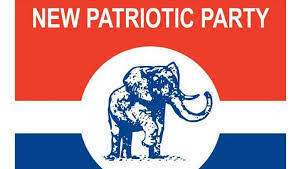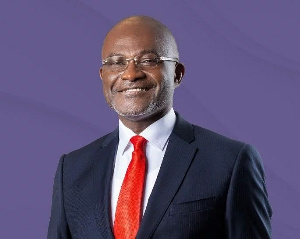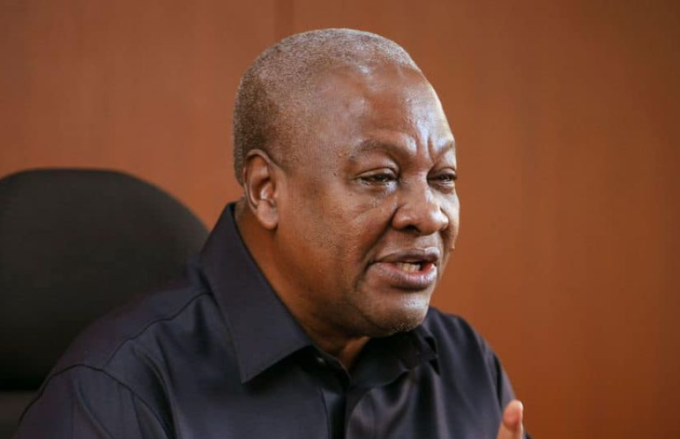
The racist onslaught began just hours after President Joe Biden withdrew from the White House race and endorsed Vice President Kamala Harris in a Sunday shocker announcement.
Harris, the daughter of immigrants from Jamaica and India, won her first election, for San Francisco district attorney, in 2004. Over the next two decades, she served as California attorney general and senator before her vice presidential appointment, smashing several glass ceilings along the way.
None of those qualifications appeared to matter for Harris’s Republican critics, who immediately seized on the Democratic frontrunner’s identity to cast aspersions on her credentials.
“The incompetency level is at an all-time high in Washington,” Republican Congressman Tim Burchett told CNN, calling Harris “our DEI vice president” in an X post.
DEI – referring to diversity, equity and inclusion – is a dog whistle often employed by conservatives who say the measures, aimed at helping groups facing discrimination, lead to minorities getting admissions and jobs over more qualified White candidates. It’s an acronym often deployed by conservatives to dismiss equality and inclusion initiatives as “woke” weapons in America’s anguished culture wars.
Right-wing US networks immediately picked up the DEI talking point, with some calling Harris America’s “first DEI president”. Sebastian Gorka, host of the “The Gorka Reality Check” on conservative network Newsmax, for instance, said Harris would be the Democratic nominee “because she’s female and her skin colour is the correct DEI colour”.
Race and gender have taken centre stage as the US heads for a presidential election pitting a White, male Republican, who has pandered to his vote base with xenophobic tropes, against a multiracial female Democrat.
‘Laughing Kamala’ hits ‘lowest common denominator’
Republican candidate Donald Trump himself set the tone of the discourse a day before Biden bowed out of the White House race.
At a campaign rally in Grand Rapids, Michigan, he picked a peculiar weapon of choice to go after the US vice president. “You can tell a lot by a laugh,” Trump told his supporters. “I call her ‘Laughing Kamala’. You ever watched her laugh? She’s crazy.”
As the Harris campaign gained momentum – the vice president raised a record $81 million in 24 hours – many Republican voters took their cue from Trump as they struggled to cope with the disorienting popularity of the new woman in the campaign ring.
On Fox News this week, conservative host Sean Hannity said the vice president’s laugh was “just one reason that voters seem to detest Kamala Harris. You decide”, he added before the channel played a clip of Harris laughing at various events.
The odd choice of laughter to discredit an opponent triggered a liberal media backlash, with headlines decrying “Donald Trump’s attack on ‘crazy’ Kamala Harris”. When the vice president’s husband, Douglas Emhoff, was asked about it, he dismissed Trump’s taunts with, “That’s all he’s got?”
But Nadia Brown, director of the women and gender studies program at Washington DC-based Georgetown University, believes there’s a lot more to the Republican focus on Harris’s laughter, viewing it as a standard judgement on emotional expression adopted by those who want to put women, particularly women of colour, down. “It has distinct racialised and gendered undertones that are based on stereotypes that denigrate women and Black people,” she explained.
“They go to the lowest common denominator, which we know is what happens in politics,” said Nitta Wiggins, a lecturer at Paris’s Sciences Po university and author of “Civil Rights Baby: My Story of Race, Sports, and Breaking Barriers in American Journalism”.
‘White grievance politics’
Harris has long been the target of gendered and sexualised attacks, according to researchers. A 2021 report by the Washington DC-based Wilson Center, which analysed the online conversations around 13 female politicians, said the US vice president accounted for 78% of the total amount of recorded “narratives” that were “racist, transphobic, or sexual in nature”.
As the power stakes increase in the 2024 race, experts such as Stephen Fansworth, director of the Center for Leadership and Media Studies at the University of Mary Washington in Virginia, are predicting a “scorched-earth campaign season”.
“Her entry as presidential candidate changes a lot on the Republican side,” said Wiggins. “The Trump campaign has been caught flat-footed. Trump and [his running mate JD] Vance did not foresee the Democrats would be putting up a woman, particularly a Black woman or a woman or colour.”
The “laughing Kamala” jabs, the DEI gibes and insinuations that Harris’s rise is solely due to her racial and gender identity are “tied up into ‘White grievance’ politics”, explained Brown. “This is an idea that there are unqualified minorities who are taking jobs or positions away from people that have earned them. And those people seen as earning them are White – White men. There’s a long history of White grievance politics in the United States. This isn’t anything new, but I think it gets leveraged and deployed in new and different kinds of ways these days.”
Wooing the Black vote
But while Trump is adept at denigrating his opponents, there’s no evidence to show the strategy works with critical vote blocks such as undecided voters as well as women and minority groups.
In the months before Biden pulled out of the race, Trump attempted to woo the Black vote, attending several events at Black churches and gatherings in Michigan, North Carolina and the Bronx in New York City.
At an appearance in the Bronx to announce his “Black Americans for Trump” coalition, the Republican candidate attempted to appeal to Black voters by equating his recent criminal prosecutions to the long history of discrimination African Americans have faced in the US criminal justice system.
“I got indicted a second time and a third time and a fourth time and a lot of people said that that’s why the Black people like me, because they have been hurt so badly and discriminated against,” said Trump.
“The fact that Trump has been reaching out to Black voters under the guise of some kinship now that he’s been convicted for felony does not bode well at all for Black people,” noted Brown.
With Biden giving up on his reelection bid, a number of Black voters, who earlier said they were disappointed with the octogenarian Democratic president and leaning towards Trump, are now willing to give Harris a shot, according to US media reports.
Amid fears of a vitriolic identity campaign against Harris backfiring among key demographic groups – such as women, Black, Latino and undecided voters – Republican leaders this week warned party members against overtly racist and sexist attacks.
At a closed-door meeting of House Republicans on Tuesday, National Republican Congressional Committee chairman Richard Hudson urged lawmakers to stick to criticising Harris for her role in Biden-Harris administration policies, according to the Associated Press.
“This election will be about policies and not personalities,” House Speaker Mike Johnson told reporters after the meeting. “This is not personal with regard to Kamala Harris,” he added, “and her ethnicity or her gender have nothing to do with this whatsoever.”
Few believe this is possible with a candidate like Trump. “Race will be an issue, particularly because Donald Trump levies ad hominem personal attacks,” said Brown. “The Republicans have already made this about Kamala Harris’s race and gender in a very negative way.”
But Harris’s candidacy has also “mobilised a host of people from marginalised backgrounds who have shown their support and given money to her campaign, breaking fundraising records because of her identity. So, we can see both negative and positive sides,” noted Brown. “There’s clearly an excitement with Kamala Harris, it’s energising.”
Source: france24




